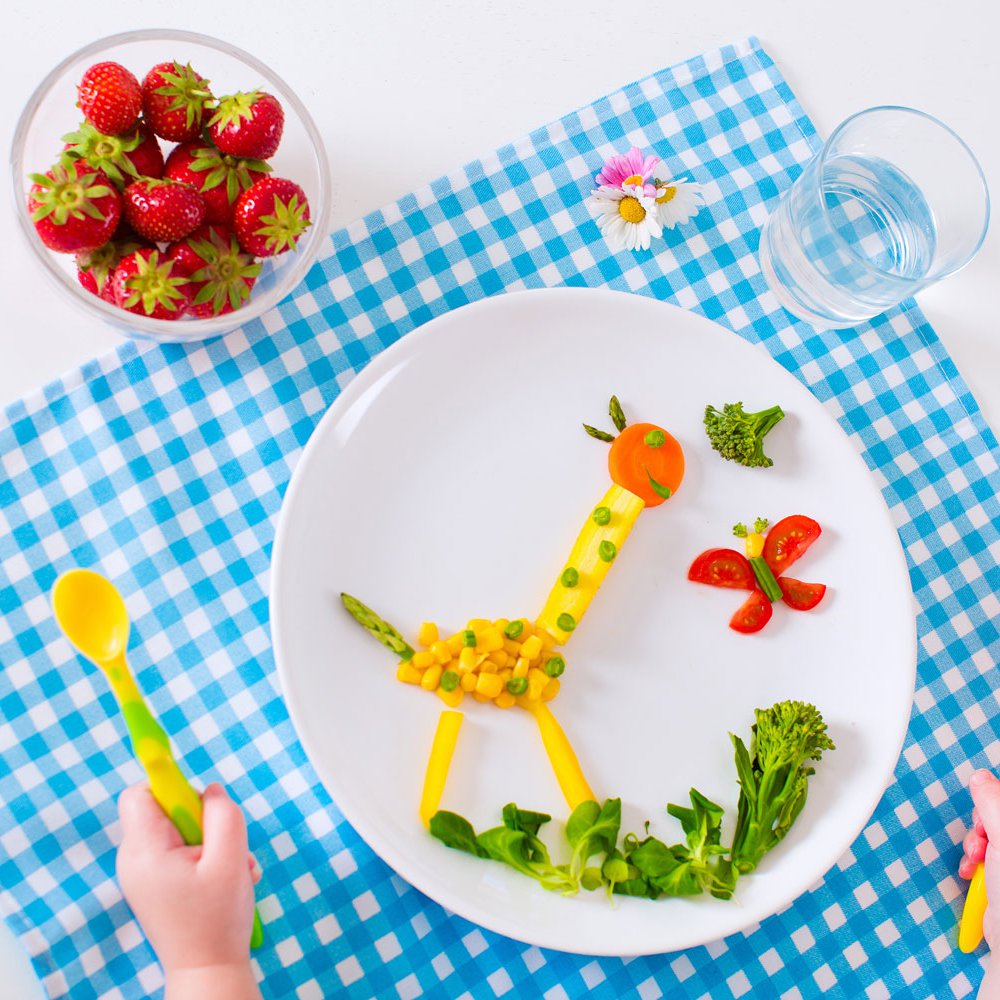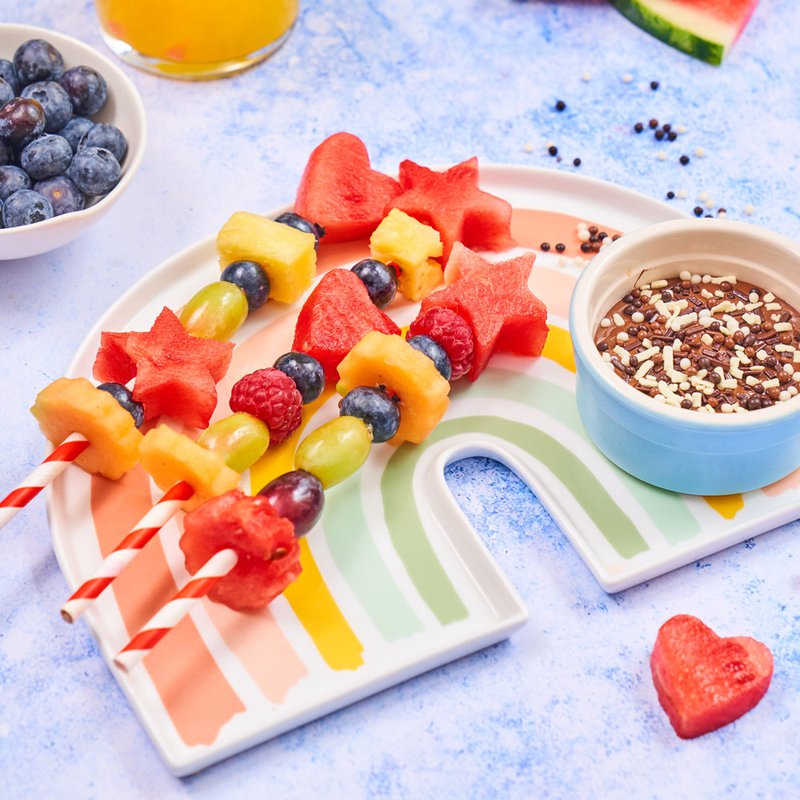The plant-based diet has gained a huge following in recent years, but when it comes to our children, should we be encouraging them to follow in our footsteps? We speak to Paula Hallam, a paediatric dietitian of 24 years and a mum of two, to clear up some of the most common misconceptions
Tell us about your own journey into plant-based nutrition.
About four years ago, my youngest daughter asked if she could be vegetarian and that’s when our plant-based journey as a family began. She inspired me to also become vegetarian and now we all enjoy vegetarian food together at home. This also prompted me to research plant-based nutrition for children and I discovered that there is not very much practical information out there for families.
Is it ok for children to be plant-based from birth and what do we need to be aware of?
Yes, absolutely it is okay for your children to be plant-based from birth and there are a few things to be aware of and consider. Firstly, if you are plant-based and breastfeeding, it is extremely important that you take a vitamin B12 supplement and consider iodine and Omega-3 fat supplements, too.
For babies, when they start on solids at around six months of age, iron and fats are two of the nutrients to prioritise when thinking about the foods that you offer. This is important for all babies but especially if they are plant-based as veggie sources of iron aren’t absorbed as well as animal sources, and many plant-based foods are naturally low in fat. For plant-based babies, there are also some key supplements to consider such as vitamin B12 (essential) and consider iodine and DHA.
Can you give some examples of plant-based sources of iron and how to serve them?
Plant-based sources of iron include beans, lentils, tofu, iron-fortified cereals, ground nuts/seeds or nut/seed butters. Some grains such as oats and quinoa also contain iron as well as dried fruits such as dried figs, apricots and prunes (try stewing these and stirring into porridge). Pair these iron-rich ingredients with foods that are good sources of vitamin C to improve iron absorption - kiwi fruit, strawberries, peppers, broccoli, citrus fruits, tomatoes and potatoes.
If I have an older child who decides they want to follow a plant-based diet, how can I help them on this journey?
My four top tips would be:
- Look at recipe books together and try cooking dishes together, too
- Try to read about plant-based nutrition and educate yourself as much as possible. An organisation called Plant Based Health Professionals UK has excellent free factsheets.
- Be aware that key nutrients for older children include calcium, iron and zinc as they are all important during times of rapid growth.
- Supplement appropriately: older children need 10-25 micrograms of vitamin B12 per day. Consider vitamin D and iodine supplements, too.
What’s the most common myth you hear about plant-based eating?
I think the most common myth is probably that you can’t get enough protein from eating a plant-based diet. Protein requirements can easily be met, even on a vegan diet, as long as a variety of foods are eaten and calorie/energy requirements are met. Remember wholegrain and starchy foods also contribute to the total protein intake.
To find out more visit plantbased-kids.com or follow Paula @plantbasedkids.uk on Instagram

